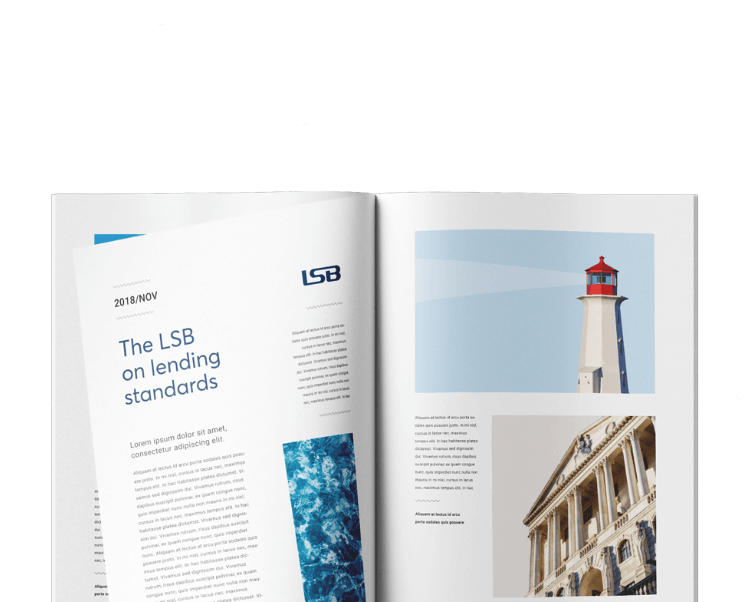The LSB has today published its report of the review into the Contingent Reimbursement Model Code (CRM Code) for APP scams, following an industry wide consultation.
The voluntary Code, launched in May 2019, sets out consumer protection standards to detect, prevent and respond to APP scams. Signatory firms make a commitment to reimburse customers who lose money where they were not to blame for the success of a scam.
The review carried out by the LSB, the primary self-regulatory body for the banking and lending industry, sought to better understand how effective the Code is in achieving its objectives to provide greater consumer protection, as well as to understand the impact it has had on the volume of scams taking place.
The report published today evidences support for the principles of the Code, stating that many respondents agreed that it works to address what was a clear gap in the payment landscape. The LSB reports that when applied correctly, the Code provides the framework to broaden protections for customers. To address inconsistencies in the application and awareness of the Code across firms, an issue that was raised in the consultation responses and evidenced in the LSB’s previous thematic reviews, a Governance and Oversight provision will be introduced to the Code by the LSB. This will set a clear framework for ensuring that the Code is embedded within the culture of firms, from senior management through to customer facing staff.
Evidencing the success of the Code is another area highlighted for improvement. The majority of consultation responses cite reimbursement levels to evidence that the Code has been effective, but this is just one measure. In order to fully assess the effectiveness of the Code, the LSB will work with stakeholders to define a wider series of success measures which take account of detection and prevention data.
The LSB noted in the report that participation from firms in becoming signatories to the Code was slower than expected. The LSB remains committed to increasing participation and will work with firms to understand the challenges that the requirements of the Code can place on some business models.
Commenting on the recommendations published today, Emma Lovell, Chief Executive of the LSB said: ‘The responses we received from this consultation evidence that the purpose of the Code is supported by the industry, and we know that when applied correctly, it is enhancing protections for customers, but there is more to do.
‘The Code’s objectives focus on prevention, detection and responding to scams. While reimbursement levels are a key metric to the success of the Code, we must not lose sight of the importance of prevention and detection measures. Preventing customer loss and harm from scams is critical, which is why we intend to introduce new metrics across the Code objectives. Part of this work will include bringing consistency across signatories for collation of data and their definitions.
‘As fair customer outcomes and consumer protection remain our [LSB’s] key principles, we will also amend the Code to recognise that firms can ‘self-fund’ no blame cases. This will ensure that, while work continues within the industry to design a longer-term sustainable funding mechanism for such cases, customers in no blame situations are reimbursed.
‘We will work with the industry to increase consumer awareness of the Code and the ever evolving risk from scams, and with firms to implement any recommendations placed on them as a result of our thematic reviews to deliver consistency of application and greater protections for consumers.’
The LSB continues to work with signatory firms with regards to findings from previous reviews and will be conducting a follow up review of provision R2 1(c) – approach to reimbursement of customers – later in 2021.
Access the full press release here.
Read the report of the review here.
Click here for supporting reports fed into the review.









